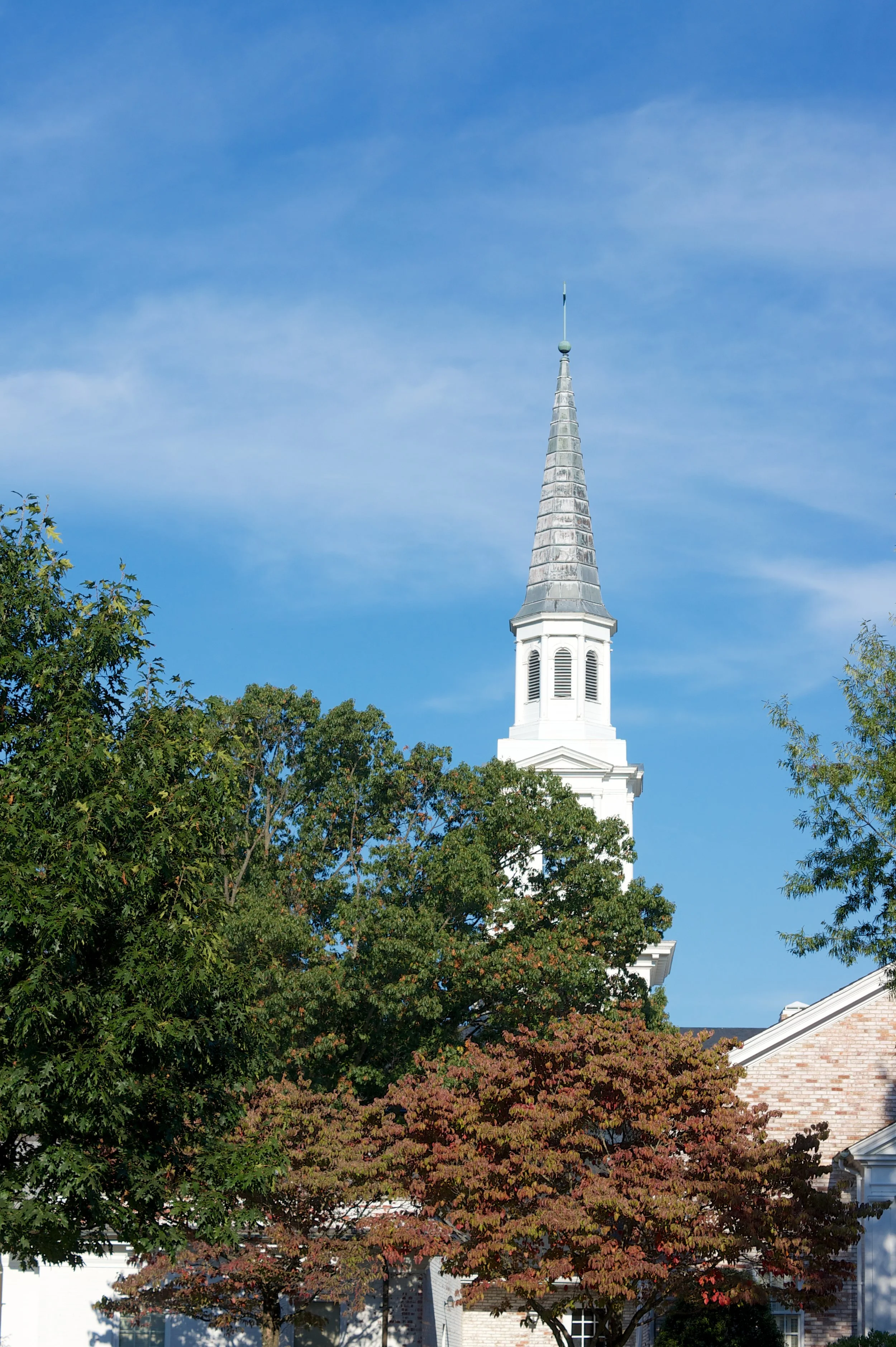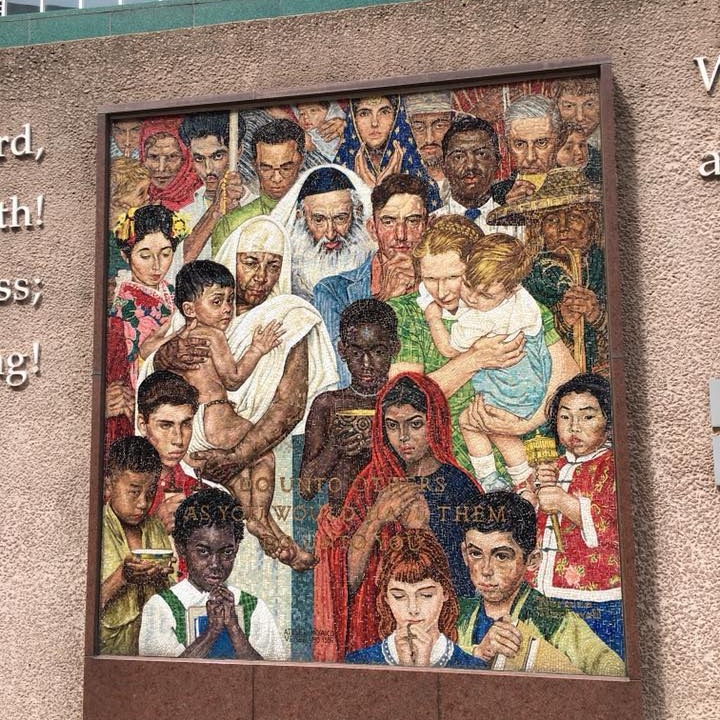Synopsis:
Jesus is visited at night by the respected rabbi Nicodemus. He visited at night because Nicodemus doesn’t want anyone to see him. In a world before streetlights and lampposts, night time was a dangerous place, but the danger of socializing with a radical rabbi like Jesus was a greater threat to popular Nicodemus. Jesus invitation to Nicodemus flips his world upside down when Jesus tells him that he has come because “God so loved the world,” not just the chosen, biological of Abraham descendants. The wind of Spirit, “blows where it chooses,” and those born again of the Spirit cannot be contained by restrictive, exclusionary religious systems. The Holy Spirit came down on Pentecost to not only set fire to our hearts but to open our eyes to see each other–of every race, place, and faith–as our God-given siblings. While we want to build walls between who is in an who is out, the Spirit keeps circling our hearts until the walls come tumbling down so we can look into our neighbor’s face with fresh eyes and see a fellow child of God.









